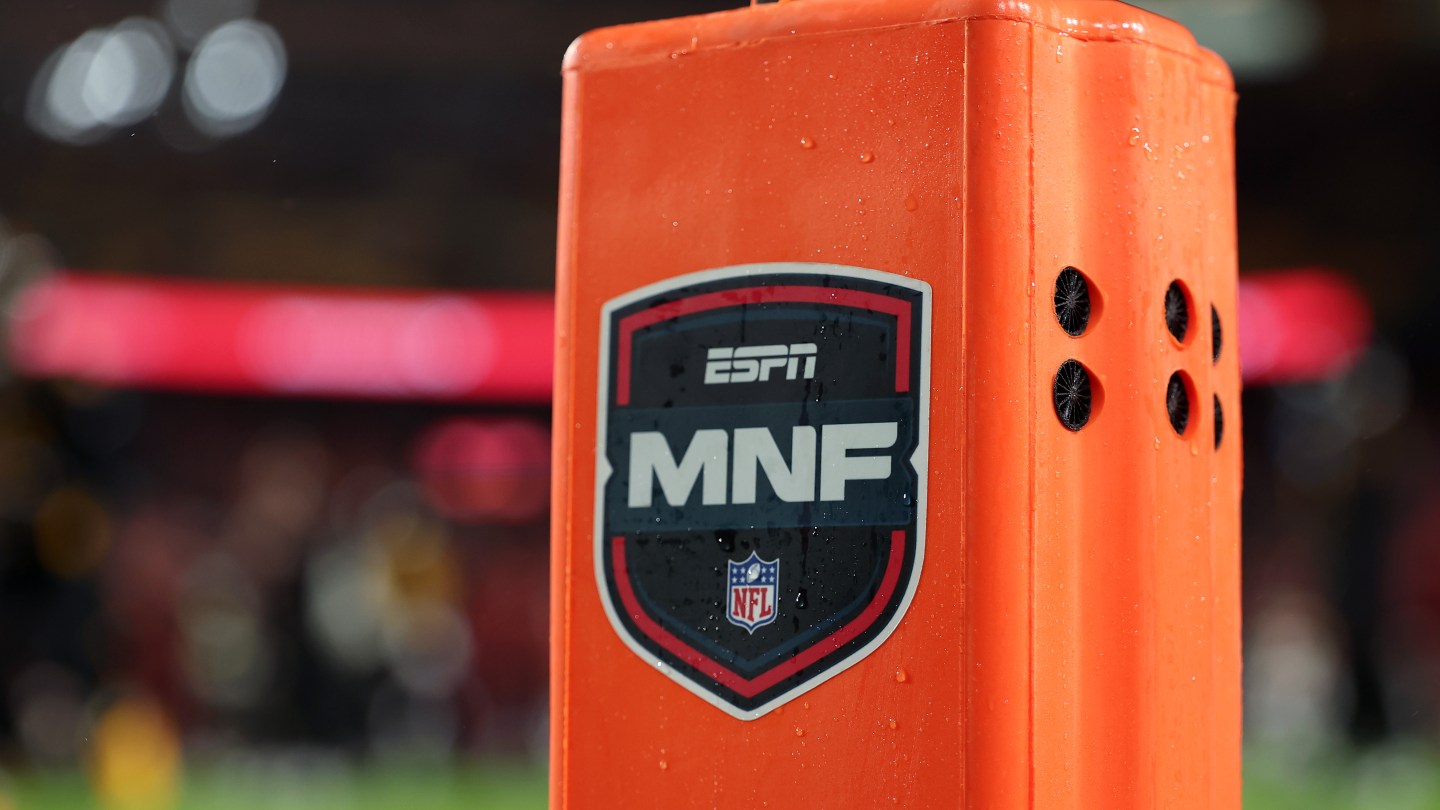YouTube TV once again finds itself in a high-profile carriage dispute with a major media company, this time with Disney.
The Bob Iger-run entertainment giant on Thursday began warning customers that they may soon lose access to channels like ABC and ESPN unless it comes to terms on a new deal with the Google-owned video platform.
If that sounds familiar, it may be because this is the fourth carriage dispute that YouTube TV has found itself a part of in just the last few months.
In August, Fox and YouTube TV went public in their dispute, ultimately resolving it and avoiding a blackout. Last month, the platform pulled TelevisaUnivision’s channels after failing to come to terms on a new deal. Those channels remain off the platform.
And also last month YouTube TV reached a wide-ranging deal after a public war of words with NBCUniversal that included carriage of its channels and the inclusion of Peacock in Primetime Channels, among other elements of the deal.
“For the fourth time in three months, Google’s YouTube TV is putting their subscribers at risk of losing the most valuable networks they signed up for,” a Disney spokesperson tells The Hollywood Reporter. “This is the latest example of Google exploiting its position at the expense of their own customers. We invest significantly in our content and expect our partners to pay fair rates that recognize that value. If we don’t reach a fair deal soon, YouTube TV customers will lose access to ESPN and ABC, and all our marquee programming – including the NFL, college football, NBA and NHL seasons – and so much more.”
YouTube TV has quietly become one of the most powerful companies in pay-TV, growing at a time when competitors t cable companies and satellite TV firms are shrinking. The virtual multichannel video provider is believed to haver around 10 million subscribers, behind only Charter and Comcast, and the research firm MoffettNathanson estimates that it may become the biggest pay-TV provider next year, given the rate of decline at traditional players.
Traditional media companies are trying to balance a desire to grow their streaming businesses while retaining as much pay-TV revenue as possible, and YouTube’s dominance of the entire media ecosystem, including through YouTube TV, has become a point of frustration.

